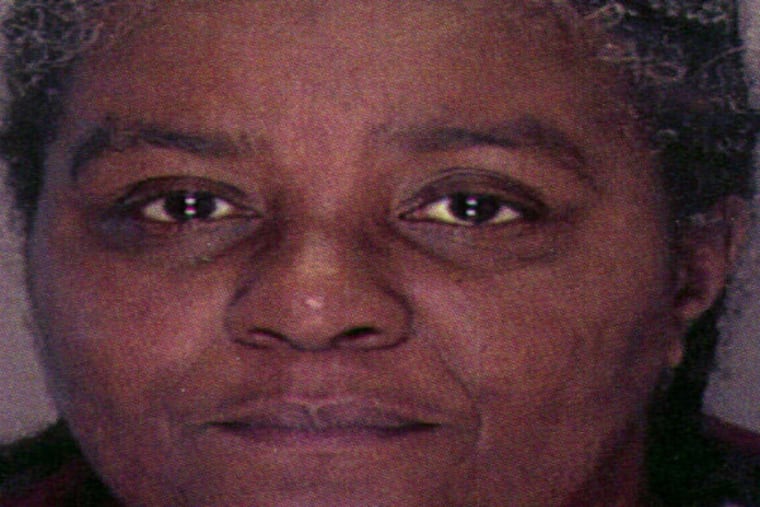Sharon Wiggins, 62, learned from bad choices
SHARON WIGGINS didn't want much: A walk down a city street, to sit in a car and listen to the rain, to have coffee with her sister, to wake up without someone observing her.

SHARON WIGGINS didn't want much: A walk down a city street, to sit in a car and listen to the rain, to have coffee with her sister, to wake up without someone observing her.
These and other experiences that most people take for granted were out of Sharon's reach for the last 44 years. She had been a prisoner at the State Correctional Institution at Muncy since age 17.
She always thought she would die in prison. And she did, Sunday, of a heart attack at age 62.
What made Sharon's last months in prison particularly poignant was a June U.S. Supreme Court ruling declaring automatic life-without-parole sentences for minors cruel, inhumane and unconstitutional.
There was hope for the first time in her long imprisonment that she could someday be free.
"The idea that she could someday be released just compounded the tragedy for her," said Emily C. Keller, of the Juvenile Law Center, which works for young prisoners.
"We are all grieving this loss, and I keep returning to Sharon's very simple list of wishes of what she would do if she got out."
On Dec. 2, 1968, Sharon and two other teenagers held up the Dauphin Deposit Trust Co. in Harrisburg. During the robbery, Sharon shot and killed George S. Morelock, 64, when he walked into the bank and tried to stop the holdup.
She always insisted that it was an accident, and that the gun went off when Morelock grabbed her. She and the other youths, Foster Tarver, 17, and Samuel Barlow, 18, were quickly arrested and pleaded guilty.
A three-judge panel sentenced all three to death. The sentence was later reduced to life without parole when the NAACP appealed to the governor and clergy protested.
In prison, Sharon was not idle. She graduated from Penn State, then worked for Penn State coordinating Muncy's postsecondary-education program. She worked as a "peer assistant," running groups on everything from relationships to violence prevention to drug and alcohol abuse.
As a math tutor, she helped inmates get their high-school diplomas. She ran a "back-on-track" program for parole violators. She picked strawberries on a farm in a work-release program and helped in community cleanup efforts after Hurricane Agnes in 1972.
She became a licensed cosmetologist, mechanic and upholsterer, and trained in photography, drafting and architecture, construction and maintenance, electronics, computer programming and catering.
"I got a lot of certificates in a lot of different things - about 10,000 of them in a box," she told the Daily News' Dana DiFilippo, who interviewed her at Muncy in September.
But Sharon also had serious health problems. She had two heart attacks, two angioplasties and a stent, bleeding stomach ulcers and hypertension.
Sharon and her fellow robbers grew up together in impoverished circumstances in Pittsburgh's Hill district. They were runaways and dabbled in drugs and crime. She admitted that she made "a lot of bad decisions" in her early life.
"Hers is a very powerful story," said Emily Keller. "She exuded compassion and dignity and warmth. To have the childhood she had, and become the woman she was. She made an impact on other women. She became a role model and mentor.
"She took advantage of every opportunity the prison had to offer to better herself. She was an inspiration."
Her only known survivor is a sister. No plans are known for a funeral.